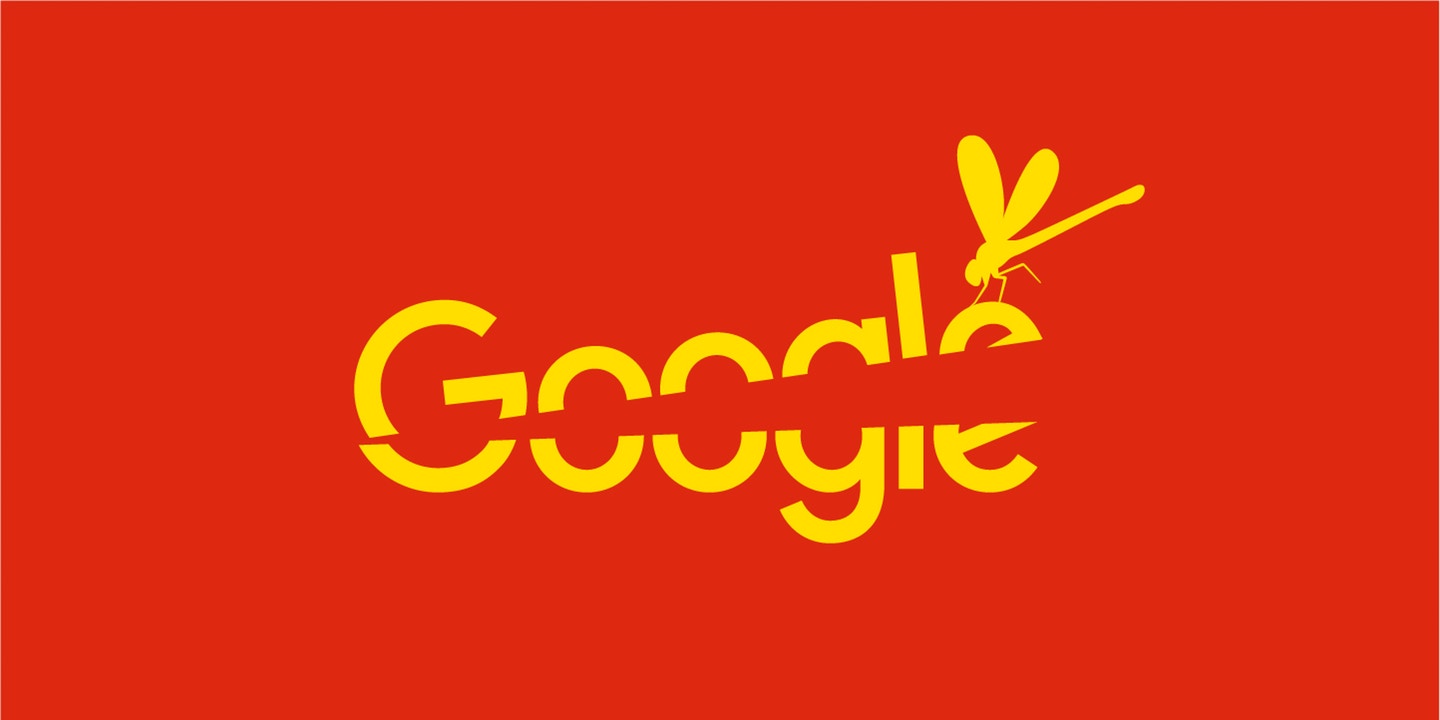Google employees have discovered that work on a search engine version for China is ongoing.

On Habré, several news and articles were published that Google planned to launch a version of its search engine for China in full compliance with the rules and laws of this country. That is, it should have been a “corrected” version of the search service with censorship. After thousands of Internet company employees protested, and internal conflicts arose within the corporation, management announced the suspension of the development of Dragonfly (Google for China).
The teams that were involved in this task were recalled and sent to other issues. After that, everything was quiet for a while. But not all representatives of Google calmed down - there were those who were not satisfied with the general silence. This group conducted its own investigation, revealing a number of interesting facts.
The main thing is that work on the project code continues.
')
The investigation began immediately after Sundar Pichai, CEO of Google, did not speak out publicly about refusing to develop a search engine version with censorship. Everything he said sounded fairly streamlined, the central idea was to suspend the project, but not to reject it.
That is why a group of those who are not indifferent to censorship and other manifestations of the suppression of publicity of the corporation's employees decided to control the further fate of Dragonfly. They learned that their colleagues who worked on the “search engine with censorship” did not receive a command to stop development. Instead, they were told to finish what they were doing and move on to new teams. In particular, they were sent to Google products in India, Indonesia, Russia, the Middle East and Brazil.
The "checking" team decided to look at the repositories of the Dragonfly related code. So, the previous teams developed two mobile applications - Maotai and Longfei for the smartphone version of Dragonfly. The first application is designed for Android users, the second - for those who work with iOS.
Employees identified more than 500 code changes in the repositories in December and more than 400 changes in January and February of this year. It turns out that even after the announcement of the stopping of work on the project, someone continues to improve the applications. In general, starting from August 2017, the number of changes in the code made every month was about 150-500. That is, there is no particular decrease in activity.
As far as you can see, 100 Google employees are still assigned to Dragonfly, which means there are budget items for this team. Accordingly, someone is still working on a censored search engine.
Representatives of the company that are related to Dragonfly, but who wish to remain anonymous, confirm the continuation of the work. Google has not stopped trying to create a specialized search engine for China, although not as many people are working on the project as before.
Some employees believe that the project is still dead, and the changes that are there are improvements to the previous team, which seeks to complete its tasks. But finally it will be possible to be convinced only in the event that the top management of the company announces the refusal of Dragonfly, and not the suspension of work. In the latter case, it is just about freezing the project, which means the possibility of resuming work at any time.
Over the past few months, the corporation has lost several major executives and many talented developers who chose to leave the company, expressing their disagreement with the policies being pursued. In addition to working on a censored search engine, Google itself has become much less transparent than before, as some employees have said. Therefore, those who do not like it, leave.
The management of the company, realizing the importance of the Chinese market for business, does not plan to abandon expansion. “This is a wonderful, innovative market. We want to understand what we can do in China, so we started from the inside, ” said Pichai. He added that “taking into account how important the market is and how many users in China, we simply cannot help thinking about it, not trying to look into the future.”
Source: https://habr.com/ru/post/442718/
All Articles